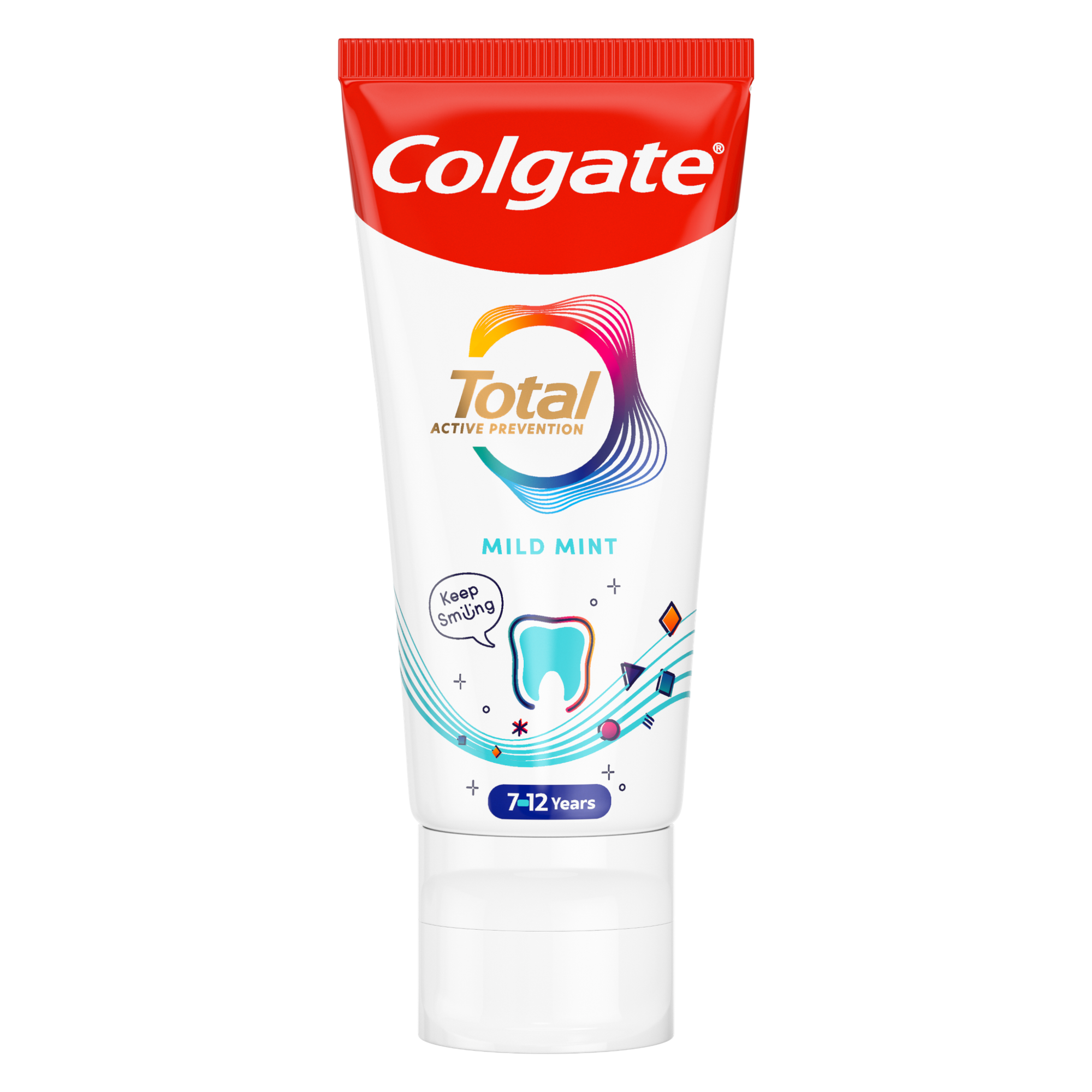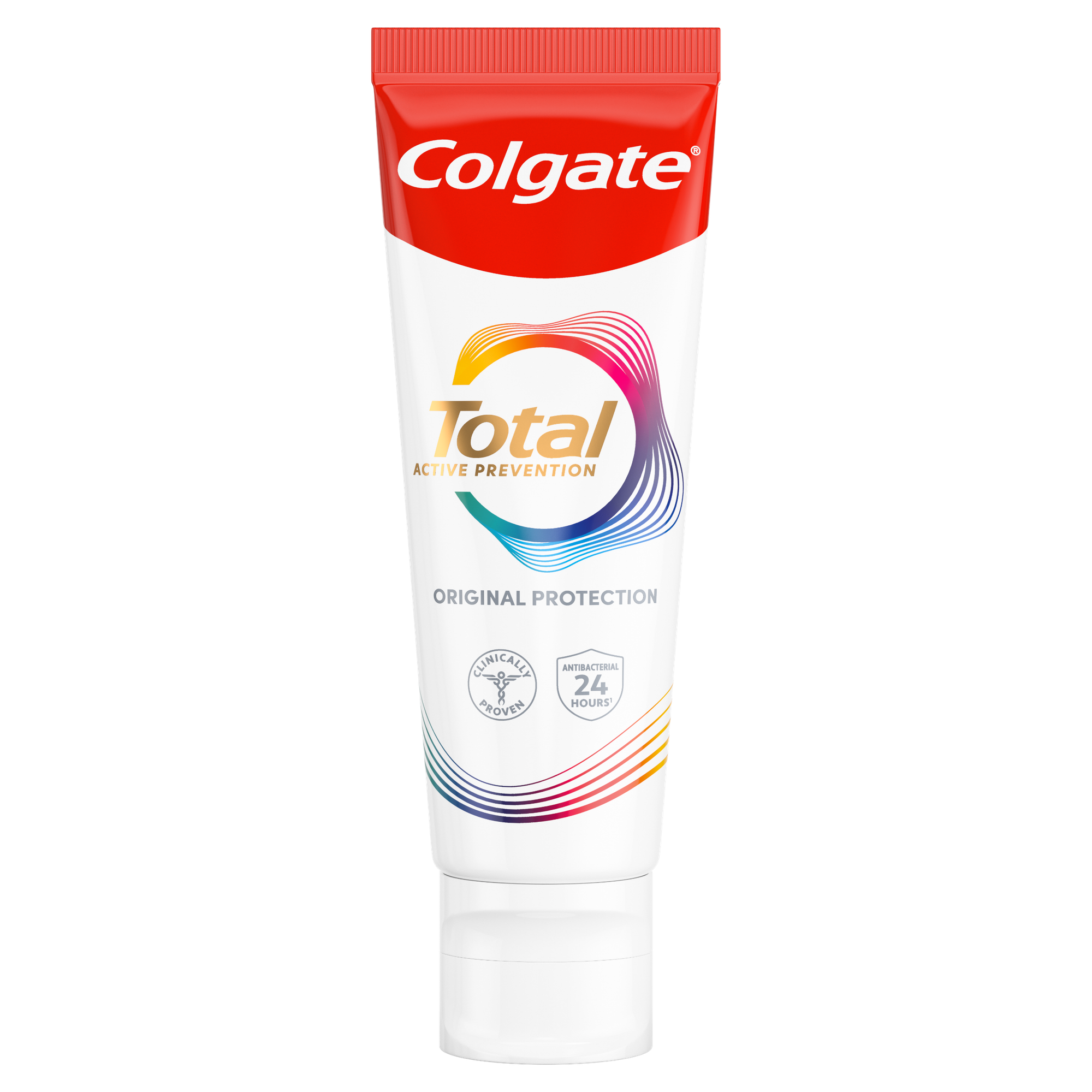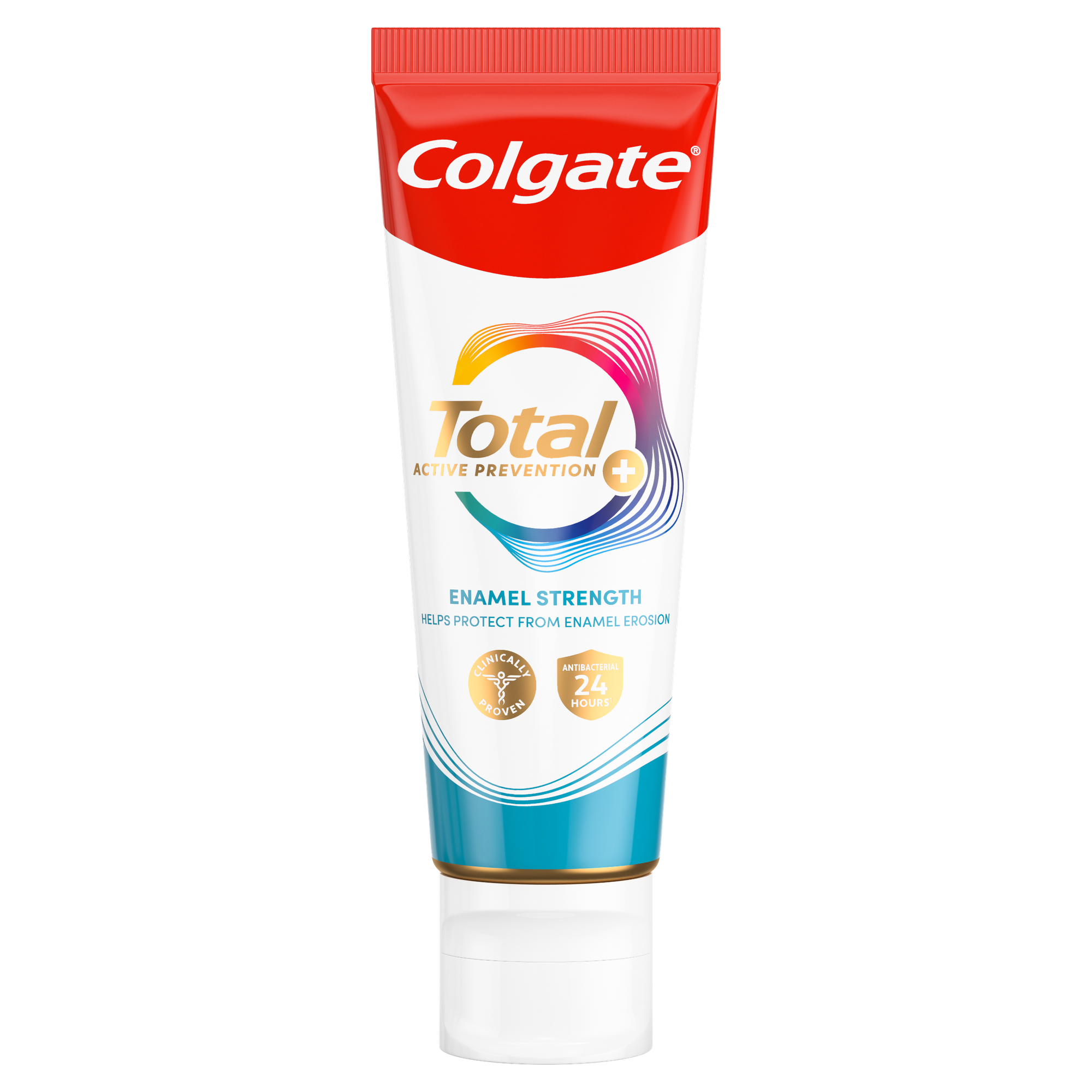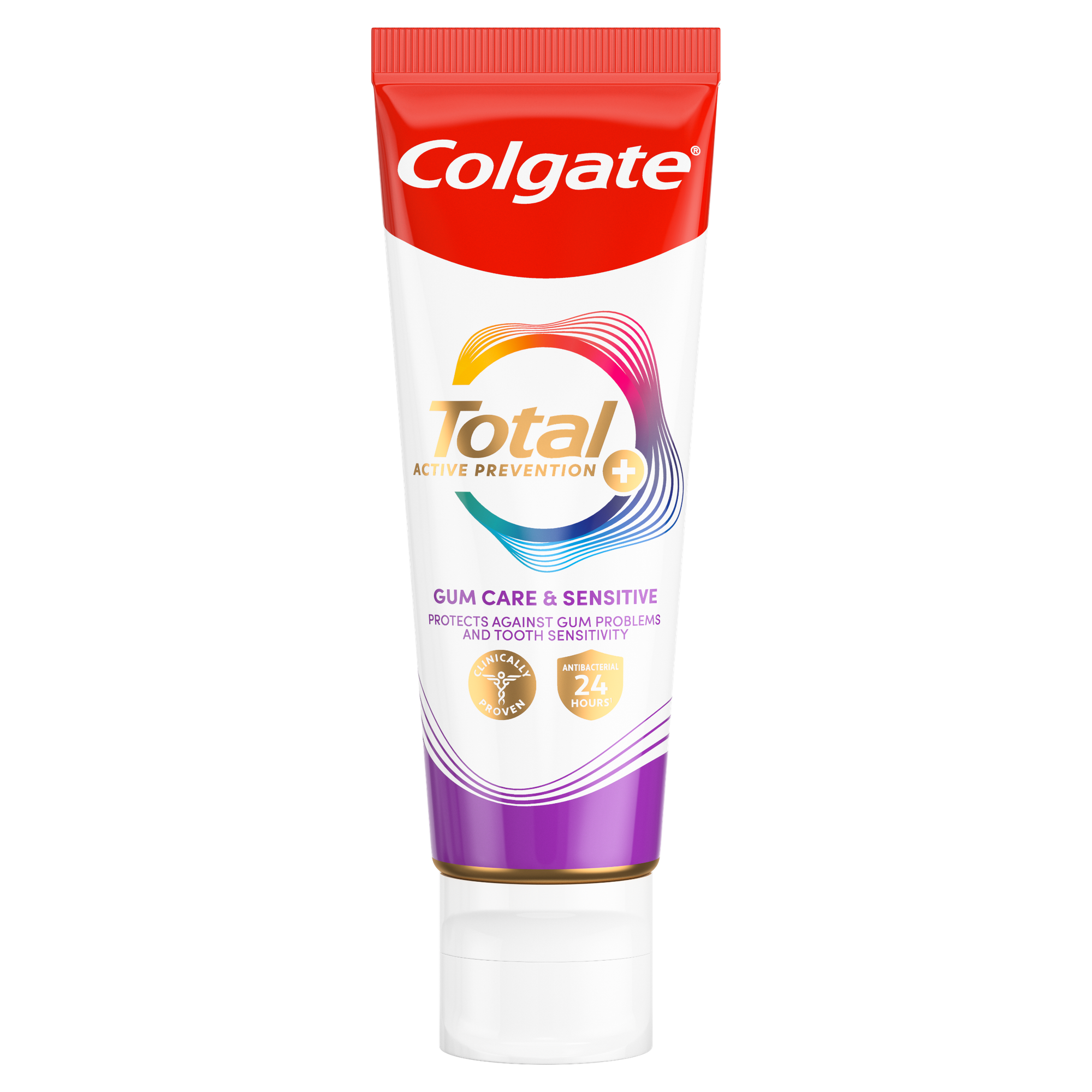How Do I Best Care for My Teeth as an Adult?
The key to keeping a bright, healthy smile throughout adulthood is to practice proper oral hygiene. Even adults can get cavities, as well as gum disease, that can lead to serious problems. Throughout your adult life, it's important to continue to:
- Brush twice a day with a fluoride toothpaste to remove plaque-the sticky film on your teeth that's the main cause of tooth decay.
- Floss daily to remove plaque from between your teeth and under your gumline, before it can harden into tartar. Once tartar has formed, it can only be removed by a professional cleaning.
- Limit sugary or starchy foods, especially sticky snacks. The more often you snack between meals, the more chances you give the acids in plaque to attack your tooth enamel.
- Visit your dentist regularly for professional cleanings and checkups.
What Special Dental Issues Should I Be Aware Of as an Adult?
Even if you brush and floss regularly, you may face certain oral health issues as an adult. Luckily, your dentist can help you meet most of these challenges quite successfully.
- Gum disease begins as gingivitis, which at this early stage is still reversible. Symptoms of gingivitis include red, swollen or tender gums that tend to bleed when you brush them. If you notice any of these symptoms, see your dentist-before serious problems develop. Advanced stages of gum disease may lead to tooth loss.
The health of your gums can also affect your overall health. Recent studies have shown a possible link between periodontitis (a form of gum disease) and other diseases, such as diabetes, heart disease and a possible link to premature births. To prevent gum disease from getting started in the first place, be sure to brush twice a day, floss daily and schedule professional cleanings every six months.
- Cavities around existing fillings (called recurrent decay) and decay on the root surfaces of the teeth become more common as we age. So it's important to brush with a fluoride toothpaste, floss daily and see your dentist regularly.
- Sensitivity can be an increasing problem as one ages. Your gums naturally recede over time, exposing areas of the tooth that are not protected by enamel. These areas are particularly prone to pain due to cold or hot foods or beverages. In severe cases cold air, as well as sensitivity to sour and sweet drinks and foods, can occur. If you experience sensitivity, try an anti-sensitivity toothpaste. If the problem persists, see your dentist, as the sensitivity may be an indication of a more serious condition, such as a cavity or a cracked or fractured tooth.
- Crowns are used to strengthen damaged teeth. A crown entirely covers or "caps" a damaged tooth. Besides strengthening a damaged tooth, a crown can be used to improve its appearance, shape or alignment. Implants and bridges are used to replace missing ones. Dental implants replace one or more teeth or are used to attach full or partial dentures. Consult with your dentist to see if implants are right for you. Bridges are commonly used to replace one or more missing teeth. They span the space where the teeth are missing. Bridges are cemented to the natural teeth or implants surrounding the empty space.
How Can I Help Make My Teeth Look Whiter?
Thorough cleanings by a dental professional will remove most external staining caused by food and tobacco. Using a whitening toothpaste can also help remove these surface stains between dental visits. If stains have been present for years, you may need to have your teeth professionally whitened to remove these more stubborn external stains.
Internal stains can be bleached, bonded or capped (crowned). While each of these methods is safe and effective, your dentist will recommend which treatment is appropriate for you depending on the state of your teeth and the results that you wish to achieve.
What Effect Does Diet Have On My Oral Health?
In addition to greatly affecting your overall health, proper nutrition is necessary for healthy teeth and gums. Eating a well-balanced diet gives your gum tissues and teeth the important nutrients and minerals they need to stay strong and resist infections, which can contribute to gum disease. In addition, firm, fibrous foods such as fruits and vegetables tend to help clean the teeth and tissues. Soft, sticky foods tend to remain on the grooves and between teeth, producing more plaque.
Each time you consume foods and drinks that contain sugars or starches, the bacteria in plaque produce acids that attack your teeth for 20 minutes or more. To reduce damage to your tooth enamel, limit the number or between meal snacks and drinks. And when you do snack, choose nutritious foods such as cheese, raw vegetables, plain yogurt or fruit.
This article is intended to promote understanding of and knowledge about general oral health topics. It is not intended to be a substitute for professional advice, diagnosis or treatment. Always seek the advice of your dentist or other qualified healthcare provider with any questions you may have regarding a medical condition or treatment.
ORAL HEALTH QUIZ
What's behind your smile?
Take our Oral Health assessment to get the most from your oral care routine
ORAL HEALTH QUIZ
What's behind your smile?
Take our Oral Health assessment to get the most from your oral care routine













